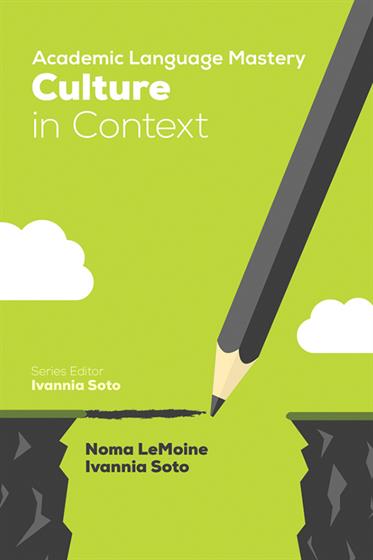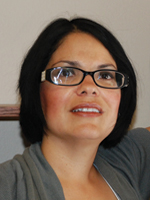Dr. Noma LeMoine’s career in education spans 35 years. She is a nationally recognized expert on issues of language and literacy acquisition and learning in African American and other Standard English Learner Populations. She has written and spoken extensively on the topic and is a highly sought-after consultant to colleges, universities, and school districts nationwide. Dr. LeMoine holds a Ph.D. in Education from the University of Southern California with a specialization in
Language, Literacy, and Learning and she holds two Master’s degrees.
For twenty years, Dr. LeMoine served as Director of the Los Angeles Unified School District’s Academic English Mastery Program and ten years as Director of the District’s Closing the Achievement Gap Branch. In this role, Dr. LeMoine oversaw implementation of the District’s closing the achievement gap initiatives intended to eliminate disparities in educational
outcomes for thousands of under-achieving students. During this period the district saw improved academic achievement scores in both African American and Latino/Hispanic student populations. Dr. LeMoine also directed in 81 schools the District’s Academic English Mastery Program, which supported teachers, administrators, and paraeducators in effectively incorporating culturally and linguistically responsive pedagogy into core instruction. Under Dr. LeMoine’s visionary leadership, the Academic English Mastery Program became a national model for addressing the language, literacy and learning needs of African American and other students for whom Standard English is not native. The Program has been featured on 60 Minutes, in periodicals including Education Week and Teacher Magazine, in the PBS Documentary “Do You Speak American” and has been lauded by the linguistic community as the exemplary instructional model for addressing the language acquisition needs of African American Standard English Learners (SELs).
Dr. LeMoine has served over ten years as adjunct professor at several California universities and colleges. Her research interests and expertise include language and literacy acquisition in Standard English Learner (SEL) populations, methodologies for improving learning in culturally and linguistically diverse students, and the impact of teacher training on classroom instruction. Dr. LeMoine writes curriculum, designs and conducts professional development for teachers, administrators, paraeducators, and parents and consults with institutions of higher learning and K-12 schools relative to advancing learning in traditionally underachieving students. She has conducted seminars and been guest lecturer at Universities and Colleges throughout the United States including Harvard University, Dartmouth College, Stanford University, University of Southern California, University of California at Berkeley and at Los Angeles, the University of
Massachusetts at Amherst, the University of Minnesota at Minneapolis, and others, and at school districts throughout the United States and Canada. Dr. LeMoine has served on numerous Education committees including as a member of the California State Department of Education’s Exemplary Schools Committee and University Accreditation Team, and as a member of the National Citizen’s Commission on African American Education, an arm of the Congressional Black Caucus Education Brain Trust. Her work has taken her on educational tours/exchanges to the Caribbean, Africa, India and China.
Dr. LeMoine is the recipient of numerous professional honors and awards including, the California Speech, Language and Hearing Association, “Outstanding Achievement Award” (1988), and the “Lois V. Douglass, Distinguished Alumnus Award”, from the Department of Communication Disorders at California State University, Los Angeles. In April of 1992, Dr. LeMoine was named FELLOW of the California Speech Language and Hearing Association, one of the organization’s highest honors. Mount St. Mary’s College awarded Dr. LeMoine the “Cultural Fluency Award” in recognition of outstanding contributions to the development of cross-cultural understanding in the Los Angeles Community in 1997. In June of 2005, the Association of California School Administrators bestowed upon Dr. LeMoine the Region XVI Valuing
Diversity Award for her work in Los Angeles Unified School District toward closing the achievement gap. In February of 2008, the Southern California Chapter of the California Alliance of African American Educators bestowed upon Dr. LeMoine, the “Asa G. Hilliard III, Will to Educate Award” for distinguished service on behalf of African American students
and in November of 2009, Dr. LeMoine was the recipient of the “Distinguished Educator Award” from the Southern California Affiliate of the National Council of Negro Women.



